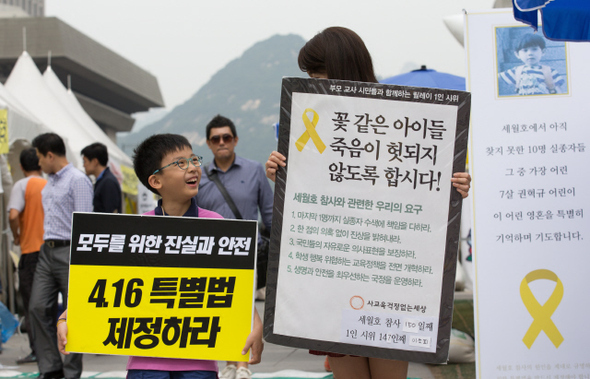Guest post by the band Baekma. KGC readers will know by now that I (Chelle) dislike the term Baekma,so I asked the band why they choose it and how they are using it to call attention to gender issues. Find the band on Facebook and listen to their music here.
“What’s the name of your band?” “Baekma.”
“Huh?” “BAEKMA!”
The name we chose for our band warrants many types of
responses. Foreigners or Korean women
must think we like galloping beautiful ponies when we explain the definition.
Korean men, however, are left with looks of surprise, shock or comical
amusement. These men almost always ask, “Do you know what that means?” as if we
weren’t privy to their dirty little secret. Well, we do know what it means and
we chose it to shock you, on purpose.
The phrase literally translates to ‘white horse’ taken from Chinese. A Korean male friend informed me that it
began a few decades ago as slang used to refer to the only Western women one
could find in Korea, Russian prostitutes working the streets of Itaewon. It evolved over time to mean any Western
woman. If this is the true origin, it’s
no wonder that the word implies sex. Mumbled drunkenly among chingus when a
wayguk woman passes them on the street at 4 am, or mentioned when a buddy
returns from a vacation abroad, this word is tossed around between Korean men
with curiosity: “What’s it like to ride the Baekma?” “Did you ride a Baekma on
your trip to Europe?”
After Korean men realize we are aware of the negative
connotations behind our name, we get responses like, “Why would you name your
band that?” or “That’s so sexual!”
First off, I suppose we WANTED to be controversial and
expose the stereotypes surrounding Western women. We started as an all-girl
Western band, coming together after mixed experiences playing in bands with all
boys. Besides feeling like we had more to prove since we were women in the
music scene, we wanted to confront and challenge the idea that Western women
are easy to get into bed or are only valuable in a sexual way. Just because a
woman is in charge of her own sexuality, doesn’t mean she is promiscuous or
dirty. Just because she has a nice set of legs or arms, doesn’t mean her wish
in life is to use them to please a man. Just because she prefers to decide how
she wants to look or act regardless of how a man says she should, doesn’t mean
she is less beautiful. It’s easy to get disheartened in Korea if you do not
fall into the limited impossible standard of beauty. We believe women shouldn’t
be seen as less talented, less driven, less intelligent, or weaker than a man
because cowardly men prefer it. It’s easy to get disheartened in Korea if you
are not used to or do not fall into the very narrow ideal of feminine beauty
within this culture. This standard is impossible to uphold without expensive
treatments, surgery and/or hours wasted on grooming. Also, many men seem to be
holding on the antiquated idea that women’s role in life is to serve them. Sam
Hammington, whether speaking from his own mind, or instructed by a producer, said
on the Global episode of Happy Together in 2013 that he married a Korean woman
because “Korean women are really good to men,” implying that Western women are
NOT because they “have their own lives”, “are never affectionate” and “never
act cute”. In one quick comment, he reduced Korean women’s existence and
demonized the concept of independent women in charge of their own lives. We
know that Korean women are tired of their stereotypes and expectations as much
as we are. We channeled our frustrations of living in this hyper-sexualized and
misogynist society into our music.
There hasn’t really been anyone providing a voice for the
foreign women community within the indie rock scene in Seoul. We feel we have a
unique perspective on gender issues as we compare progress here and abroad. We
hope our voices can support the movement towards gender equality and freedom of
women to choose what they want to become not only in Korea, but also worldwide.
So we are BaekMas. We are not offended by that word. We are
Baekmas. We act and dress how we want. We say what we feel and believe in. We
write songs about the shitty stuff we see happening to people around us that’s
sometimes based on gender. We sing about how we want the world to be. We will
probably disagree with you. We may even piss you off. We may or may not sleep
with you. But we will definitely make sweet love to your ear holes with our
synth dance pop rock.


